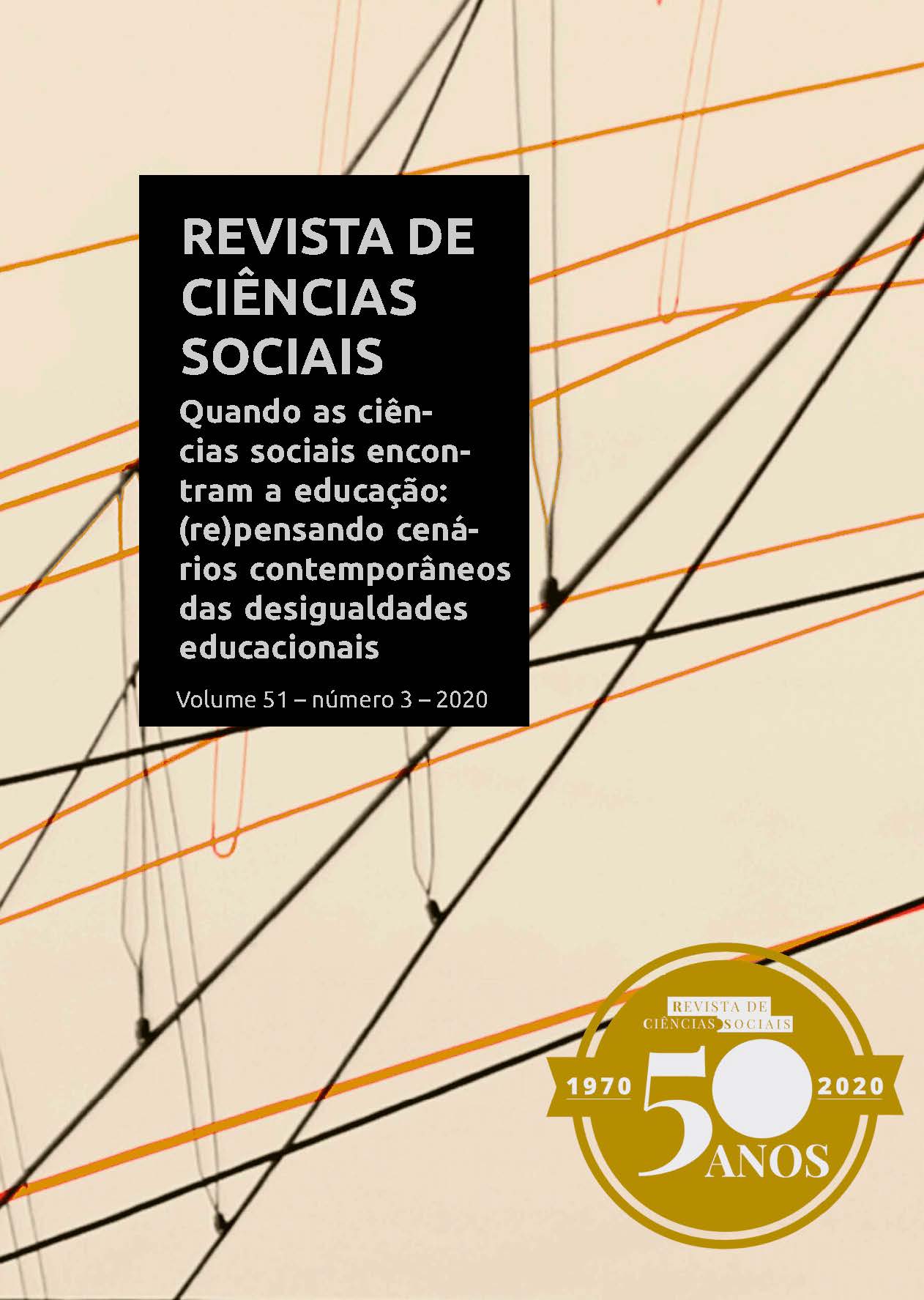Motivations for bilingual schooling
a study with upper-middle class families in Rio de Janeiro
DOI:
https://doi.org/10.36517/rcs.51.3.d03Keywords:
School choice, Bilingual schools, Upper-middle classes, Internationalization of educationAbstract
This article aims to understand family expectations regarding bilingual schooling. More specifically, it seeks to analyze the reasons and motivations that have led fathers and mothers of the upper-middle classes to enroll their children in schools that offer bilingual education. Social Sciences and Education meet in this work in two fundamental discussions: in the debates about the relationship between schooling and social classes, and in the sociological perspective on the phenomenon of school choice. A qualitative research was carried out based on 10 in-depth interviews and the conduct of a focus group with five mothers of students from the same bilingual school. The results discuss the parents' perceptions about the following themes: the bilingual schools themselves; the future and career of children and higher education in Brazil and abroad.
Published
How to Cite
Issue
Section
License
Autores que publicam nesta revista concordam com os seguintes termos:- Autores mantém os direitos autorais e concedem à revista o direito de primeira publicação, com o trabalho simultaneamente licenciado sob a Creative Commons Attribution License, que permite o compartilhamento do trabalho com reconhecimento da autoria do trabalho e publicação inicial nesta revista.
- Autores têm autorização para assumir contratos adicionais separadamente, para distribuição não-exclusiva da versão do trabalho publicada nesta revista (ex.: publicar em repositório institucional ou como capítulo de livro), com reconhecimento de autoria e publicação inicial nesta revista.
- Autores têm permissão e são estimulados a publicar e distribuir seu trabalho online (ex.: em repositórios institucionais ou na sua página pessoal) a qualquer ponto antes ou durante o processo editorial, já que isso pode gerar alterações produtivas, bem como aumentar o impacto e a citação do trabalho publicado (Veja O Efeito do Acesso Livre).



